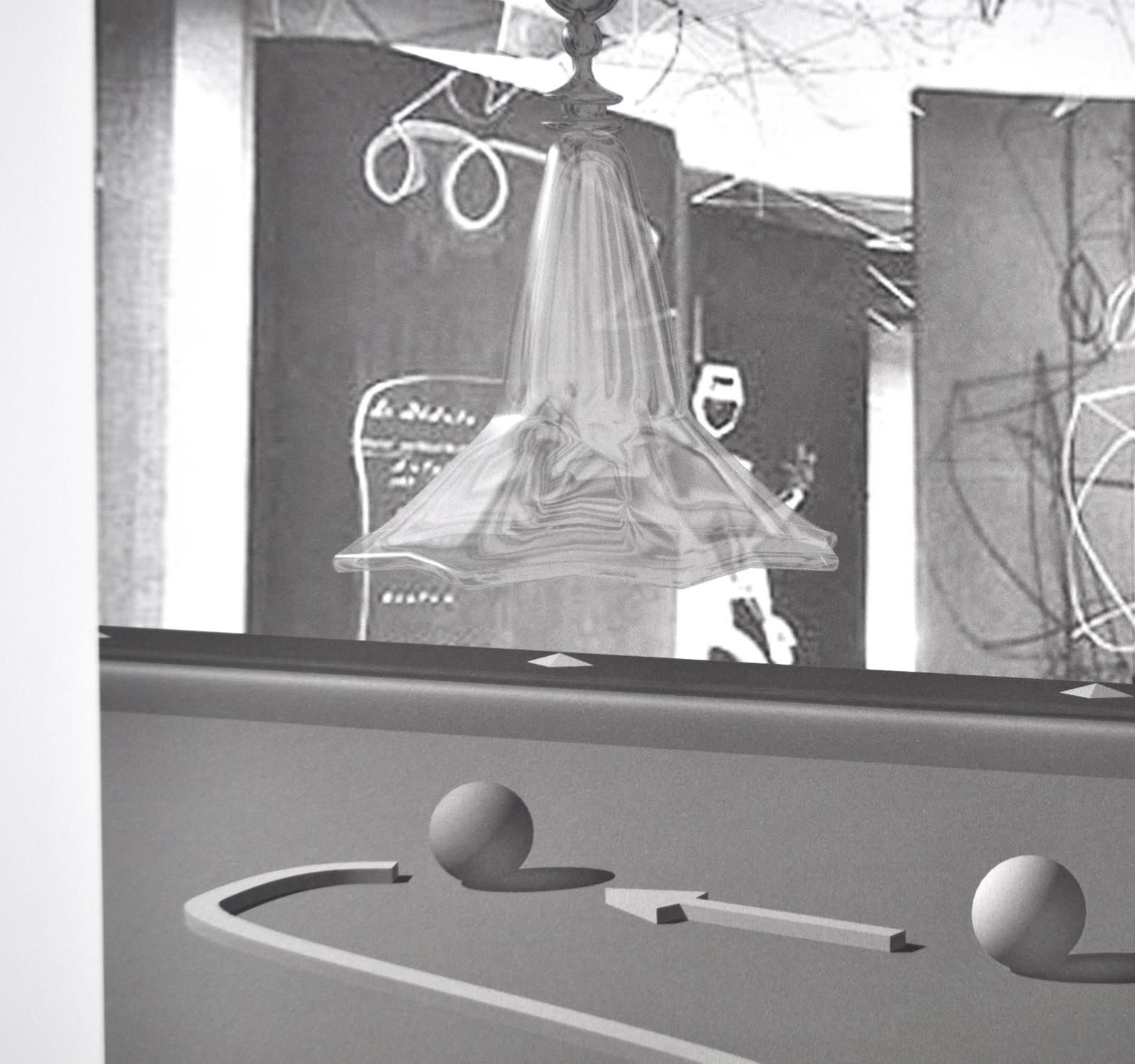
Catherine, who never remarried, raised the two brothers and their sister on her own. Joseph died just after David's second birthday. He was the second of two sons to Joseph Home of Chirnside in the County of Berwick, an advocate of Ninewells, and wife Catherine Home ( née Falconer), daughter of Sir David Falconer of Newton and wife Mary Falconer ( née Norvell). Hume was born on 26 April 1711 ( Old Style), as David Home, in a tenement on the northside of Edinburgh's Lawnmarket.
Hume causality free#

He maintained an early commitment to naturalistic explanations of moral phenomena and is usually taken to have first clearly expounded the is–ought problem, or the idea that a statement of fact alone can never give rise to a normative conclusion of what ought to be done. Īn opponent of philosophical rationalists, Hume held that passions rather than reason govern human behaviour, famously proclaiming that " Reason is, and ought only to be the slave of the passions." Hume was also a sentimentalist who held that ethics are based on emotion or sentiment rather than abstract moral principle. This problem of induction means that to draw any causal inferences from past experience, it is necessary to presuppose that the future will resemble the past, a presupposition which cannot itself be grounded in prior experience.

We never actually perceive that one event causes another but only experience the " constant conjunction" of events. Hume argued that inductive reasoning and belief in causality cannot be justified rationally instead, they result from custom and mental habit. This places him with Francis Bacon, Thomas Hobbes, John Locke, and George Berkeley as a British Empiricist. Hume argued against the existence of innate ideas, positing that all human knowledge derives solely from experience. Beginning with A Treatise of Human Nature (1739–40), Hume strove to create a naturalistic science of man that examined the psychological basis of human nature. Virtually all subsequent Western philosophy, especially Ayer, Blackburn, Borges, Chomsky, Deleuze, Dennett, Einstein, Fodor, Gibbon, Hamann, Hamilton, Husserl, Jefferson, James, Kant, Mackie, Madison, Mill, Paine, Sobel, Popper, Rousseau, Reid, Russell, Schopenhauer, Voltaire, Smith, Marx, Keynesĭavid Hume ( / h juː m/ born David Home NS (26 April 1711 OS) – 25 August 1776) was a Scottish Enlightenment philosopher, historian, economist, librarian and essayist, who is best known today for his highly influential system of philosophical empiricism, scepticism, and naturalism.


 0 kommentar(er)
0 kommentar(er)
